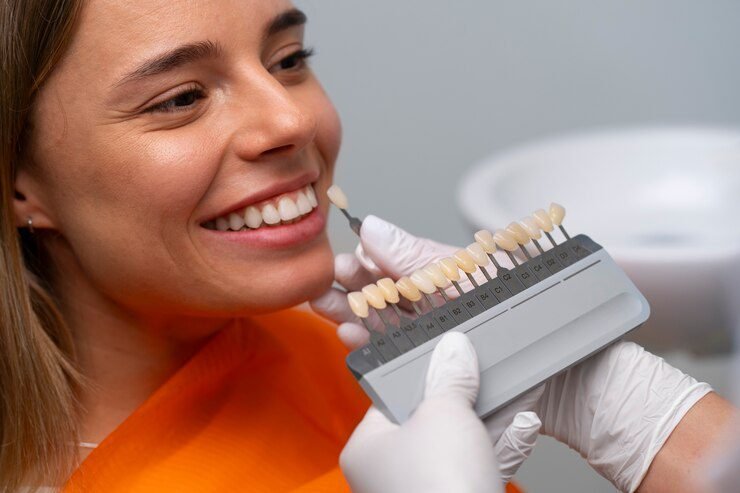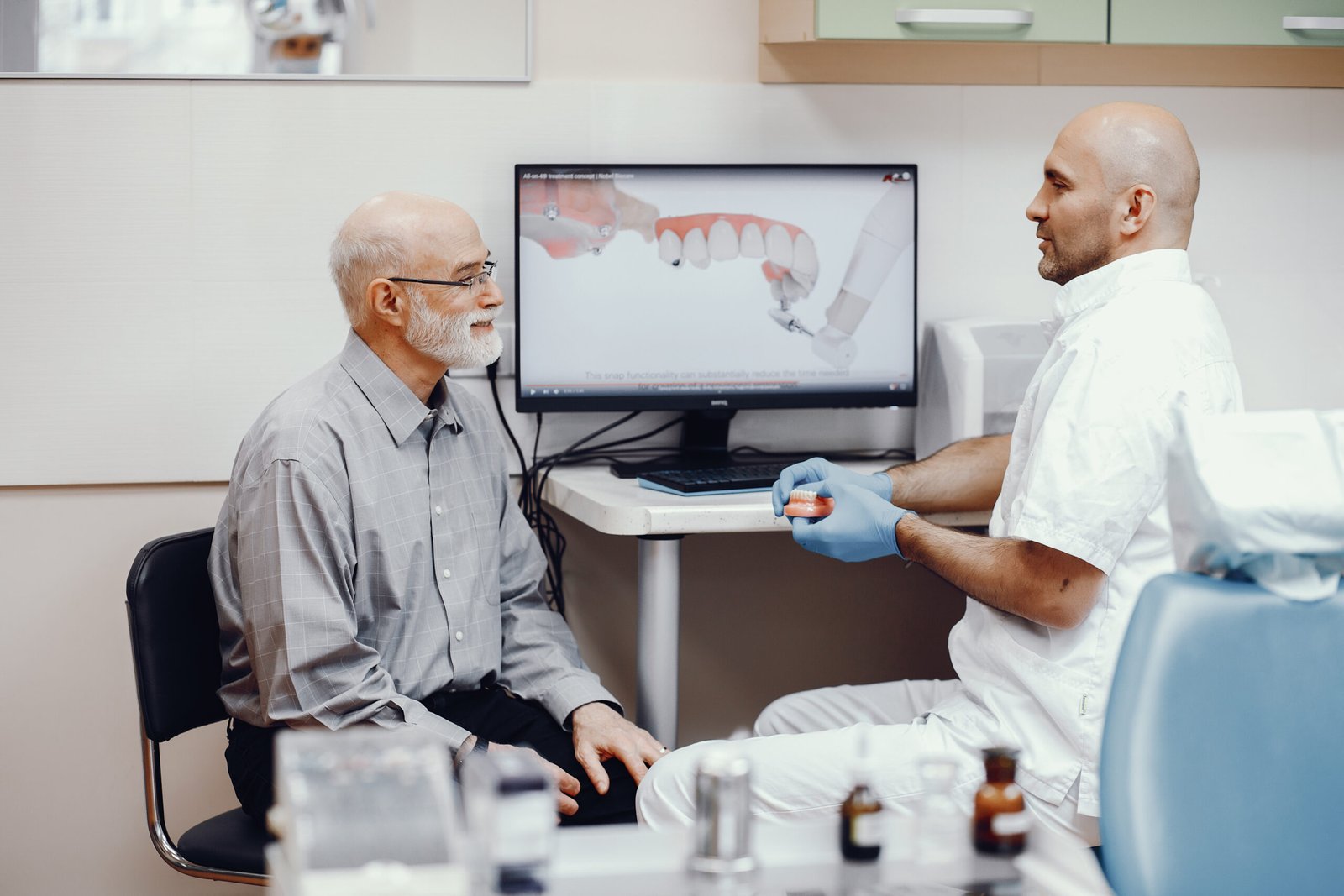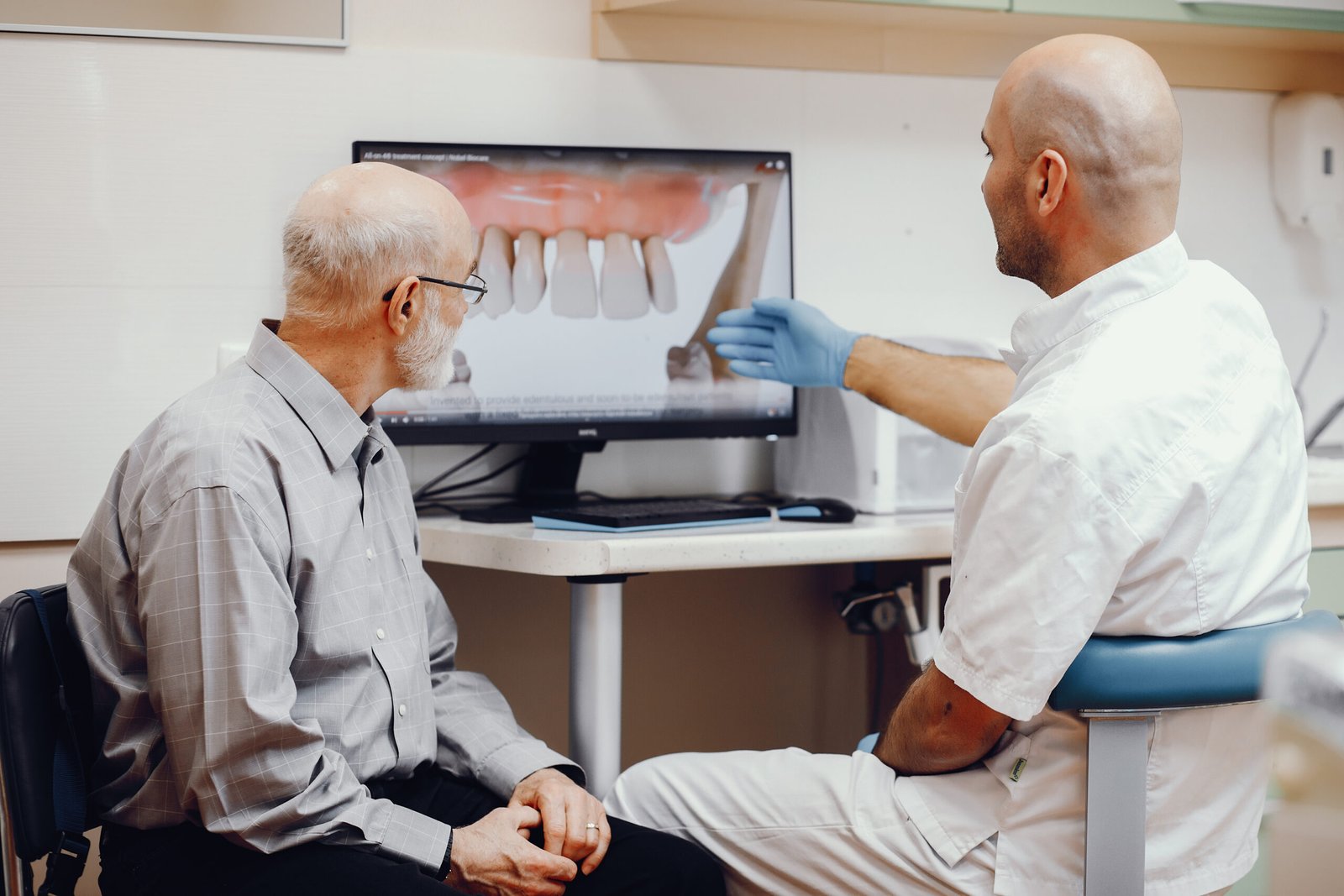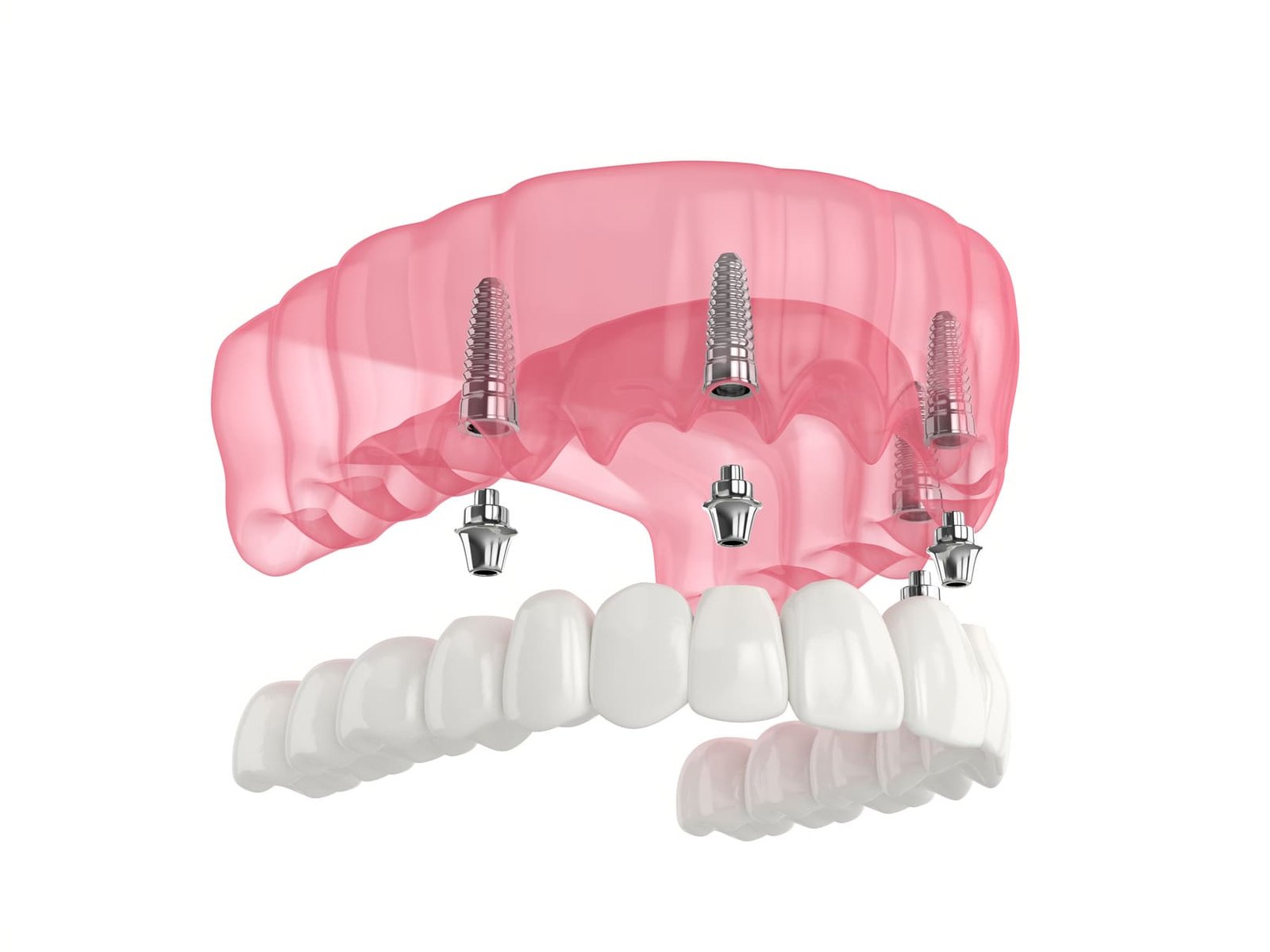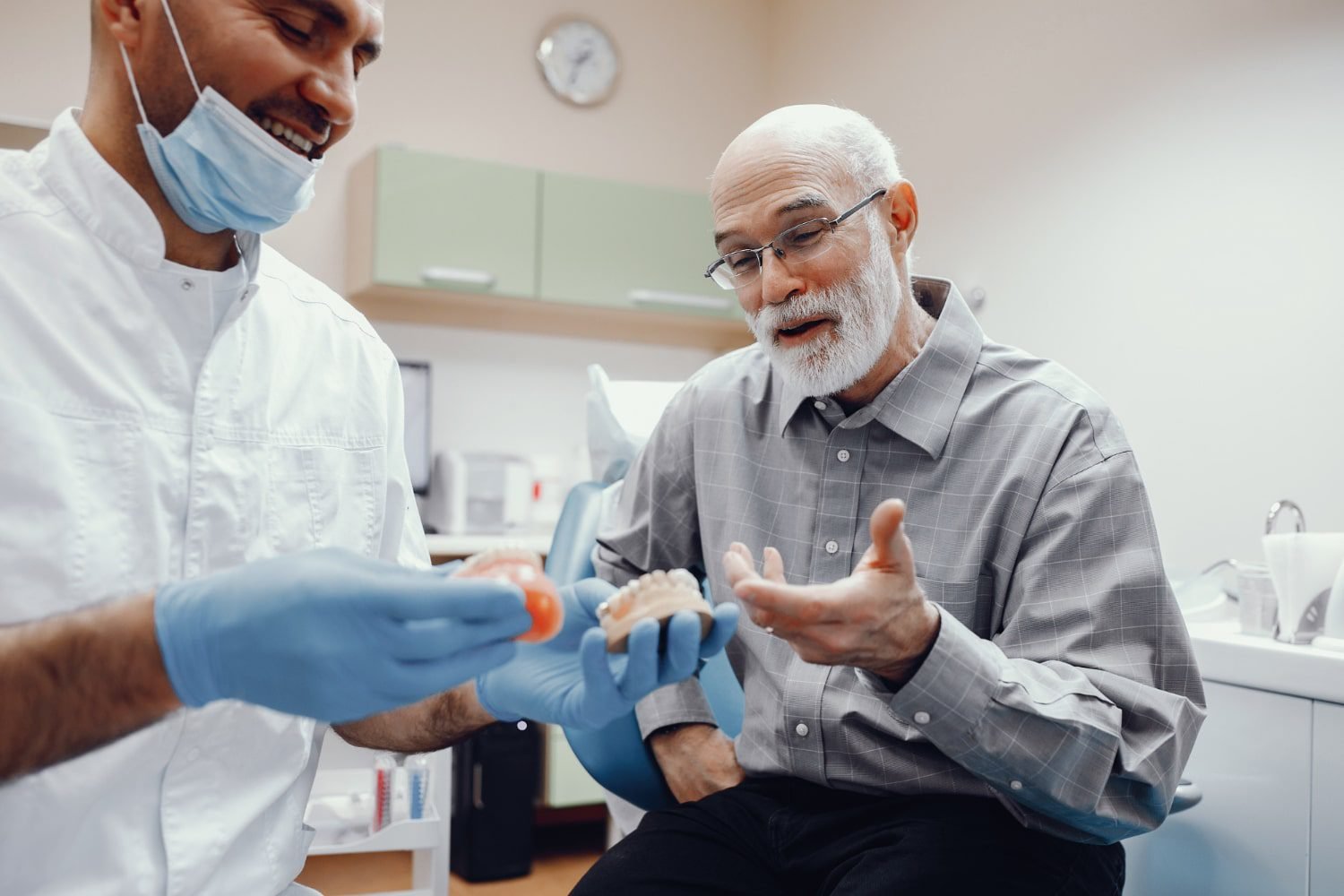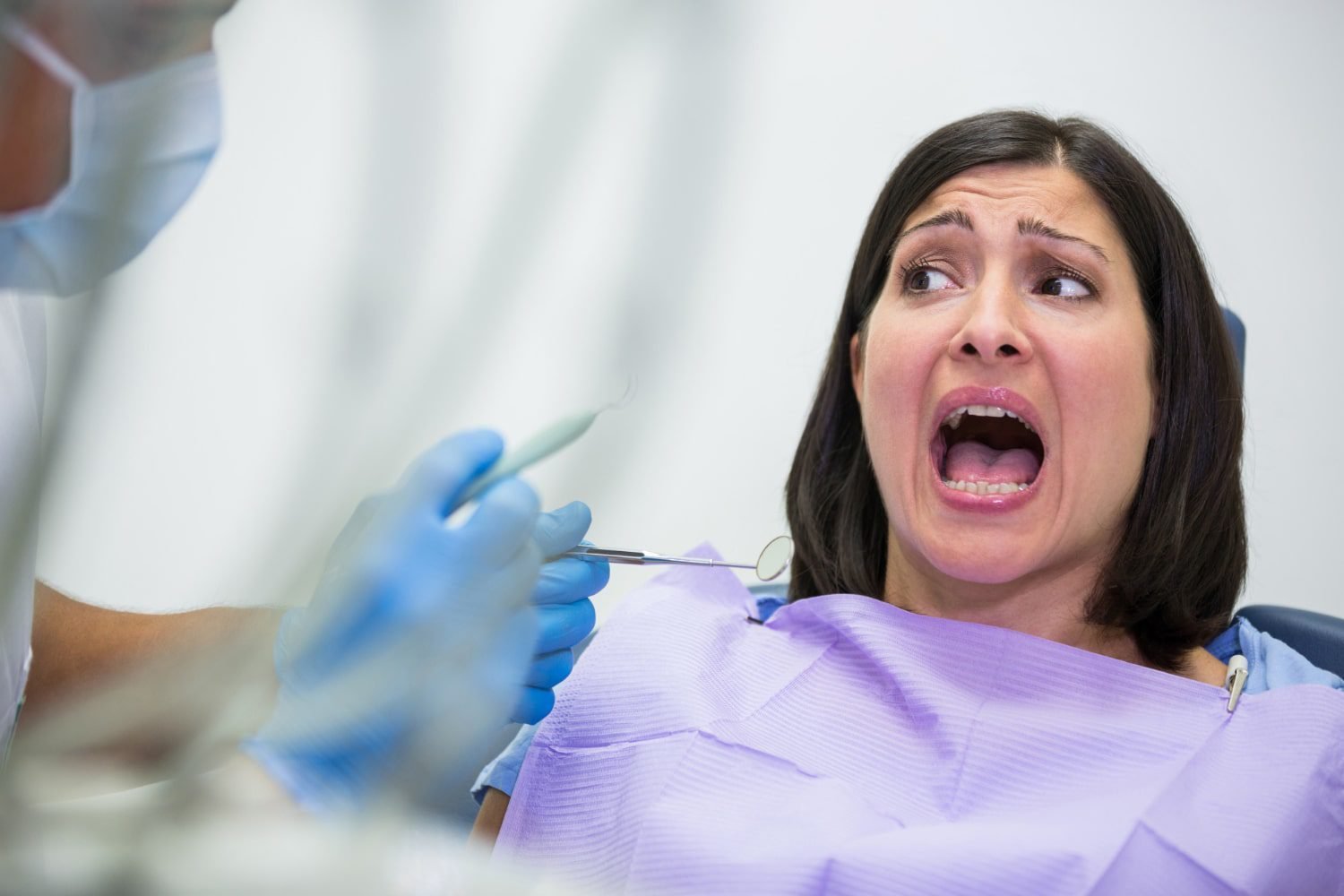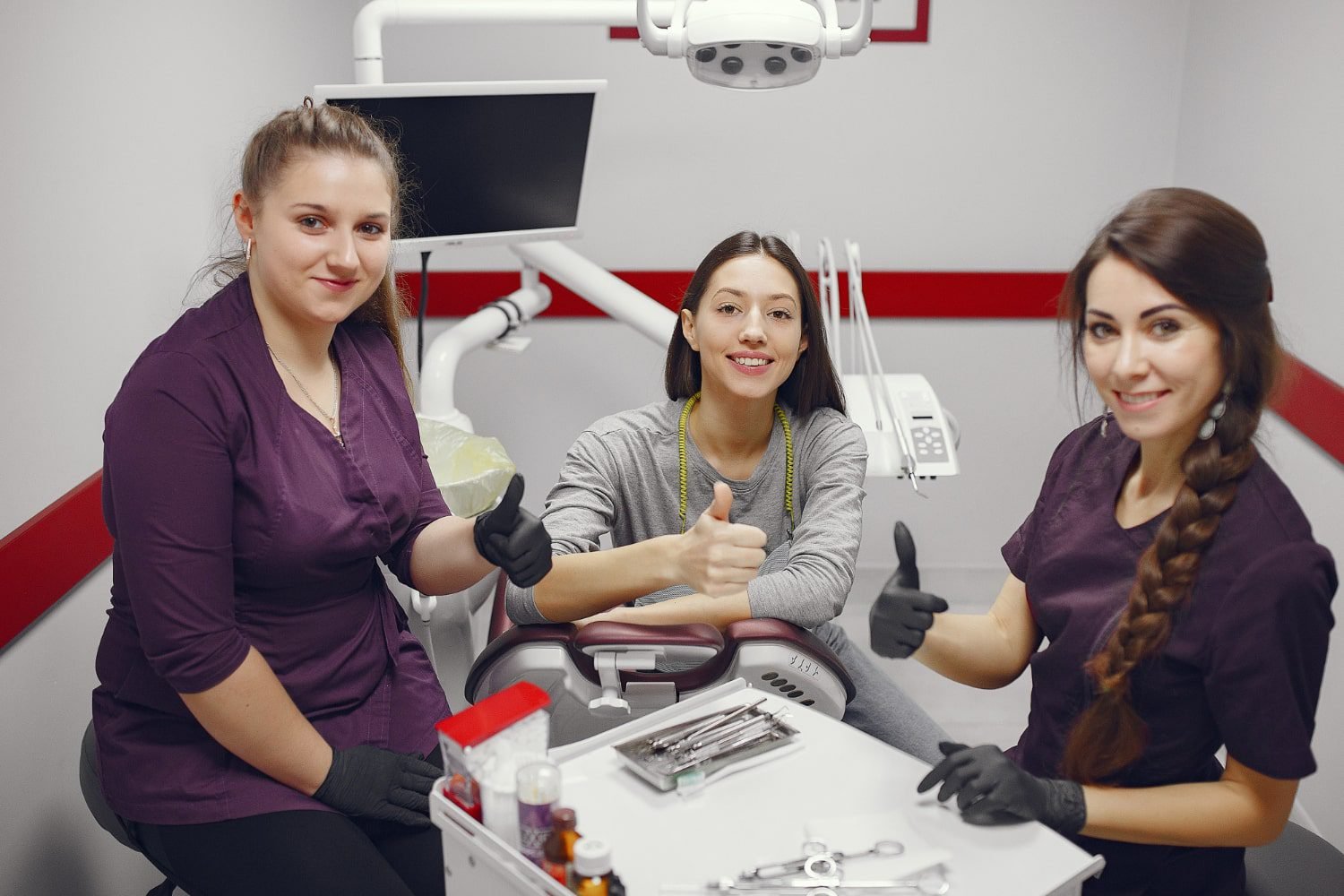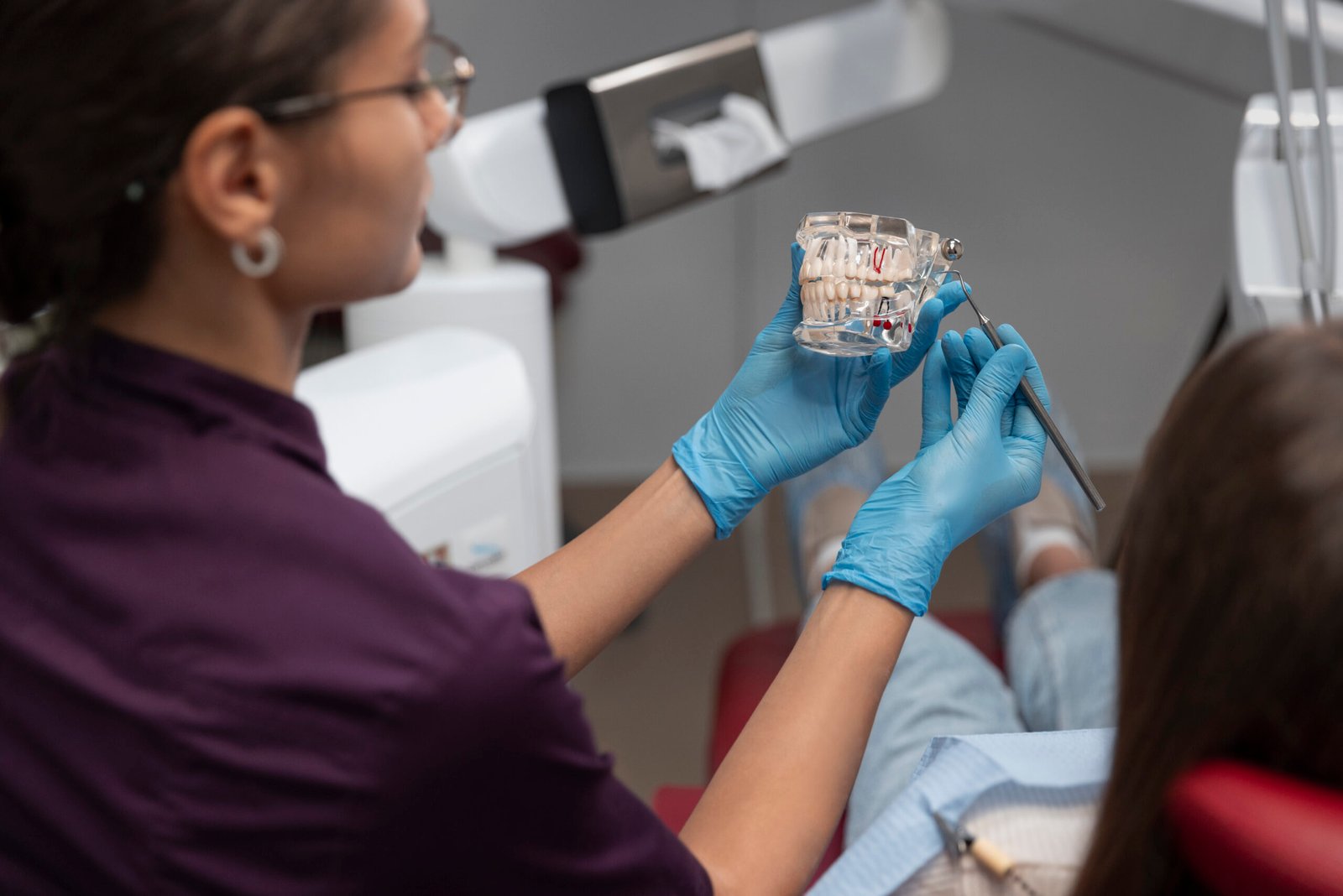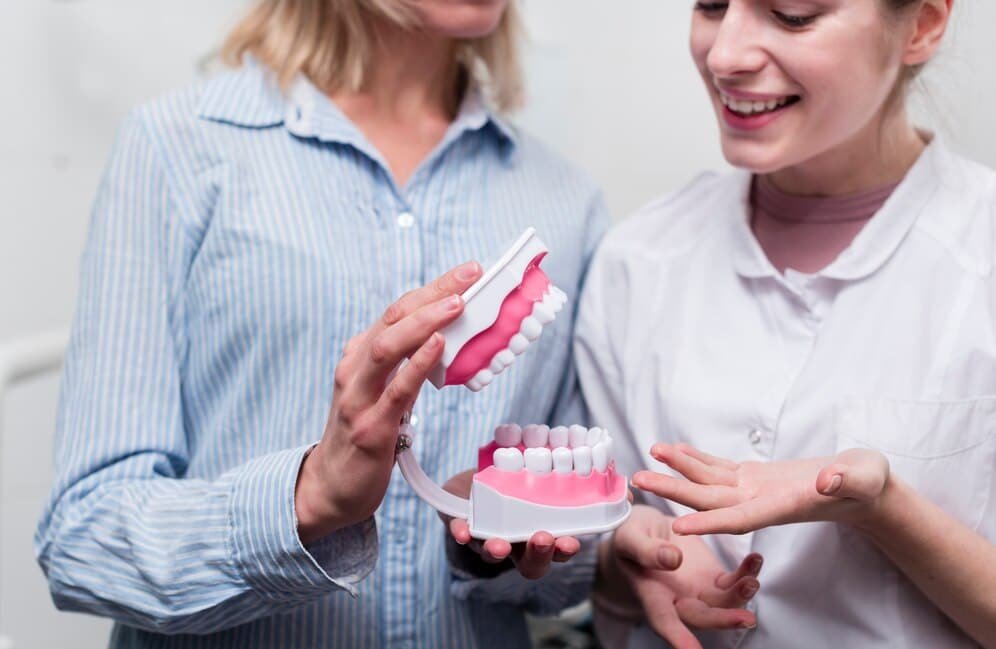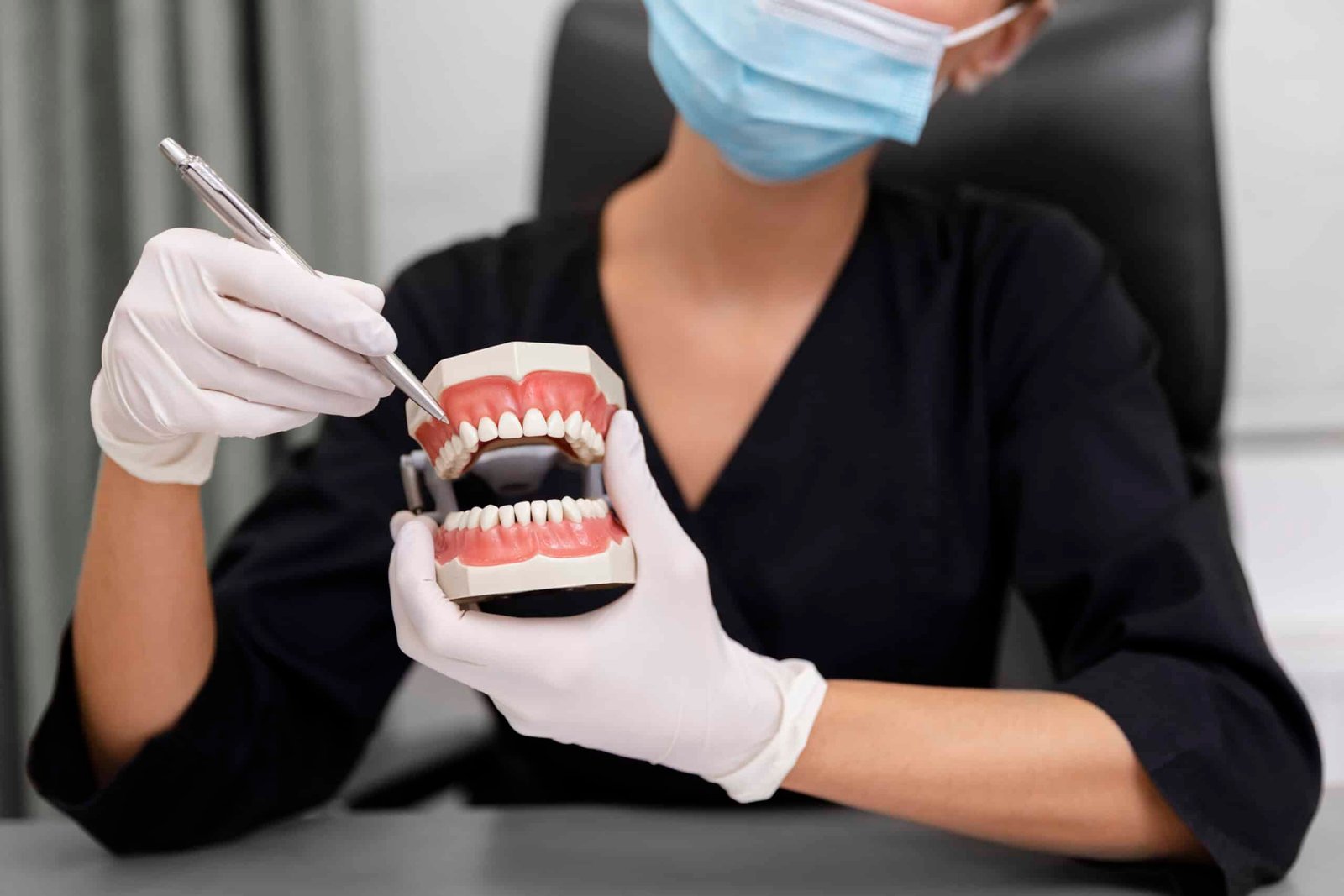Do Dental Implants Look Like Real Teeth?
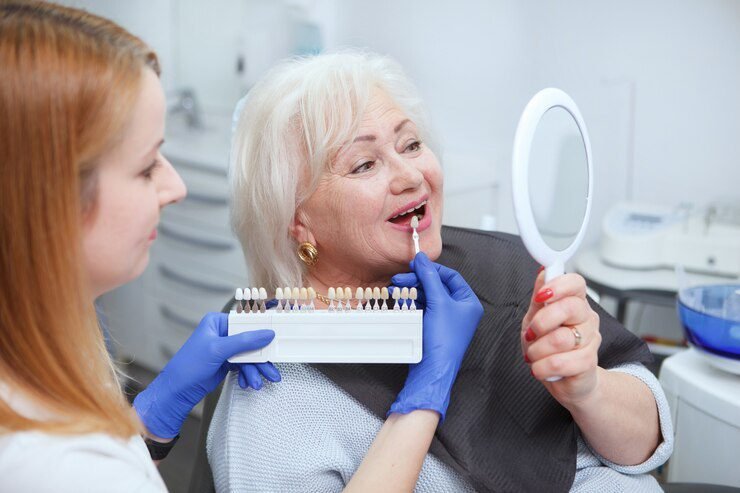
Replacing missing teeth temporarily with options like dentures can be challenging for those seeking a natural-looking smile. Dental implants are highly recommended because they are permanent and function like natural teeth. However, we understand if you have questions about how implants work. Topeka Oral Surgery addresses some common concerns about missing teeth and dental implants below. Our Topeka office is dedicated to helping you determine if this option is suitable for your oral health needs as we specialize in dental implant procedures.
How Do Dental Implants Work?
Missing teeth not only affect appearance but also leave a gap where the tooth root used to be. Unlike dentures, dental implants provide a comprehensive solution by replicating the entire tooth structure. A titanium screw is surgically placed into the jawbone, where it gradually bonds over time. An abutment is then attached to secure the prosthetic tooth or crown firmly in place, ensuring stability without movement.

Will Dental Implants Impact Chewing?
Patients with dental implants can eat and drink normally, without restrictions. It’s advisable, however, to avoid using teeth for non-food tasks like opening bottles. During the healing phase, patients should also refrain from biting hard or sticky foods. At Topeka Oral Surgery, our team provides detailed guidelines for a smooth recovery and optimal use of your dental implants.
How Do Dental Implants Feel? Do They Taste Like Metal?
Unlike natural teeth, dental implants lack nerve endings, so they do not transmit sensations of heat, cold, or pressure. Also, you cannot get a cavity on a dental implant! Sensitivity can still come from surrounding gum tissue. Despite being made of metal, dental implants should not cause a metallic taste in your mouth.
Will My Dental Implants Become Loose or Fall Out?
Dental implants are securely bonded to the jawbone, ensuring stability comparable to natural teeth. Under normal circumstances, implants should not loosen or fall out. Issues may arise with infections or trauma dislodging the implant, in which case our team at Topeka Oral Surgery is available to assist. This can happen most commonly during the initial healing phase ~ approximately 10-14 days. Thus, we highly recommend you chew away from this surgical site for two weeks postoperatively.
Explore Your Options for Teeth Replacement
Dental implants provide a long-lasting and aesthetically natural remedy for missing teeth. While there may be an adjustment period, our oral surgeons at Topeka Oral Surgery are confident that implants will blend seamlessly with your natural teeth in both appearance and function. If you’re considering dental implants or wish to discuss restoration options in Topeka, contact us to schedule a consultation by filling out the form below. We look forward to having the opportunity to help you!

